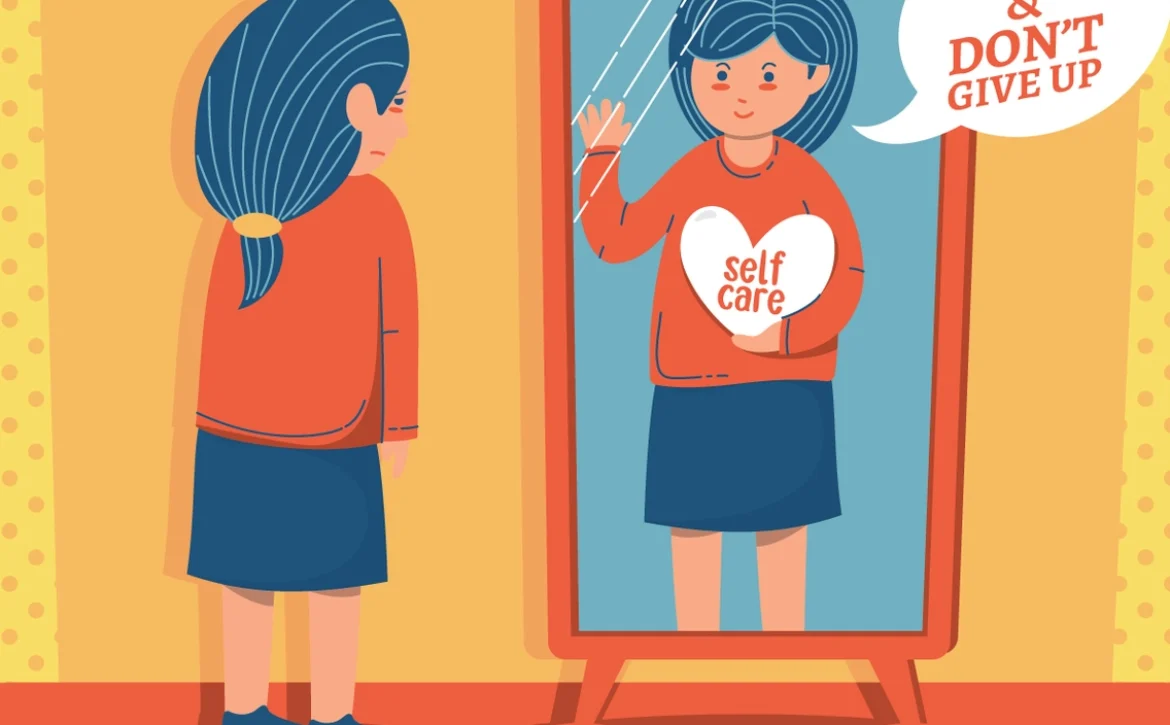How to Self-Care in Times of Crisis?
Life is full of unexpected twists and turns, and sometimes, we find ourselves in the midst of a crisis. Whether it’s a global pandemic, a natural disaster, or a personal hardship, these challenging times can take a significant toll on our mental and physical well-being. Self-care is more important than ever during these periods of crisis. But what does self-care actually look like, and how can we practice it effectively? Let’s dive into some practical tips and strategies on how to self-care in times of crisis.
Understanding Self-Care
Before we get into the nitty-gritty of self-care practices, let’s clarify what self-care actually means. Self-care is any activity that we do deliberately to take care of our mental, emotional, and physical health. It’s about being kind to ourselves, listening to our needs, and taking steps to meet those needs. During a crisis, self-care might look a bit different than usual, but the core principle remains the same: taking actions that help you feel better.
Why Self-Care Matters in Times of Crisis
In times of crisis, our normal routines are often disrupted, and the stress and uncertainty can feel overwhelming. Practicing self-care is crucial because it helps:
- Reduce Stress: Engaging in self-care activities can lower your stress levels and help you feel more grounded.
- Boost Resilience: Taking care of yourself strengthens your ability to cope with adversity.
- Improve Mental Health: Self-care can alleviate symptoms of anxiety and depression.
- Enhance Physical Health: Simple self-care practices like eating well and getting enough sleep can have significant physical health benefits.
Step One: Acknowledge Your Inner Volcano
First things first: it’s okay to not be okay. Crises are stressful, period. Ignoring your emotions is like trying to hold a beach ball underwater – it might work for a while, but eventually, it’s gonna pop, and probably soak you in the process.
Instead, acknowledge your feelings. Are you angry? Scared? Totally overwhelmed? Name those emotions and give yourself permission to feel them. Bottling things up only intensifies the pressure. Talk to a trusted friend, write in a journal, or have a good, cathartic scream into a pillow (just maybe not at work).
Befriend Your Body (Because It’s Probably Freaking Out Too)
Our bodies are amazing things, but they don’t exactly appreciate constant stress. When the fight-or-flight response kicks in, it can wreak havoc on your sleep, appetite, and energy levels. So, let’s give our bodies some TLC.
- Move Your Body: Exercise is a natural stress reliever. Even a brisk walk or some yoga poses can work wonders. Plus, endorphins (those feel-good chemicals) are your new best friends.
- Fuel Up Wisely: Ditch the comfort food (yes, we’re looking at you, the entire sleeve of Oreos). Nourish your body with healthy, whole foods that give you sustained energy. Think fruits, veggies, lean proteins, and whole grains.
- Sleep Like a Boss: Aim for 7-8 hours of quality sleep each night. Create a relaxing bedtime routine, ditch the screens before bed, and make sure your sleep environment is cool, dark, and quiet.
Tame the News Monster (It’s Probably Not Helping)
Constant exposure to negativity can be a major drain on your mental well-being. Take control of your news consumption. Designate specific times to check reliable sources for updates and avoid doomscrolling on social media. Remember, you can stay informed without getting bombarded by every worst-case scenario.
Reconnect with the Things That Make You Smile
Life can get so serious during a crisis that we forget the little things that bring us joy. Make a conscious effort to schedule activities you genuinely enjoy, even if it’s just for 15 minutes a day. Whether it’s reading a good book, listening to your favorite music, or spending time in nature, prioritize activities that make your soul sing.
The Power of “No”
Boundaries are your superpower during a crisis. It’s okay to say “no” to extra commitments, draining conversations, or anything that zaps your energy. Remember, self-care isn’t selfish; it’s essential for maintaining your well-being.
The Village You Need (and Deserve)
Humans are social creatures, and connection is key during challenging times. Don’t isolate yourself. Reach out to friends, family, or a support group. Talk about what you’re going through and lean on the people who care about you. Remember, you’re not alone in this.
Embrace the Power of “Maybe Later”
Sometimes, the best self-care strategy is simply acknowledging that you can’t do it all right now. There will be days when a shower feels like an accomplishment, and that’s perfectly okay. Let go of perfectionism and focus on small, manageable steps. You’ll get there one (sometimes wobbly) step at a time.
Read more about “Self-care During Times of Crisis in the World” on our blog page now!
Cedarway Therapy: Your Self-Care Partner
At Cedarway Therapy, we understand the importance of self-care, especially during challenging times. Our experienced psychologists offer virtual therapy Ontario sessions tailored to your individual needs, making it easier than ever to prioritize your mental health from the comfort of your home. Whether you’re dealing with stress, anxiety, or any other mental health concern, Cedarway Therapy is here to support you every step of the way. As your self-care partner, we are dedicated to helping you achieve a healthier, more balanced life.
Conclusion
Self-care in times of crisis isn’t a luxury—it’s a necessity. By taking deliberate steps to care for your mental, emotional, and physical health, you can better manage stress and build resilience. Self-care looks different for everyone, and it’s important to find what works best for you. Whether it’s establishing a routine, connecting with loved ones, practicing mindfulness, or seeking professional help, every small act of self-care can make a big difference. Be patient with yourself and take it one day at a time. You’ve got this.
Remember, self-care is a journey, not a destination. There will be good days and bad days, but by incorporating these practices into your routine, you’ll be better equipped to weather the storm. So, take a deep breath, be kind to yourself, and know that you’ve got this!
Feeling lost at sea in a life crisis? Don’t just weather the storm – navigate it with self-care strategies. Cedarway Therapy can be your lighthouse, guiding you towards calmer waters and a renewed sense of inner strength. Our expert therapists will help you develop a personalized self-care plan to weather any storm and emerge feeling more resilient than ever. Contact Cedarway Therapy today – because you deserve to feel calm and in control, even during life’s toughest moments.




